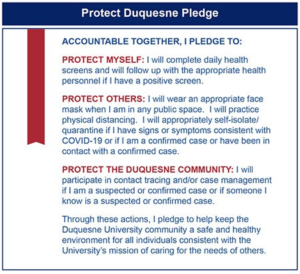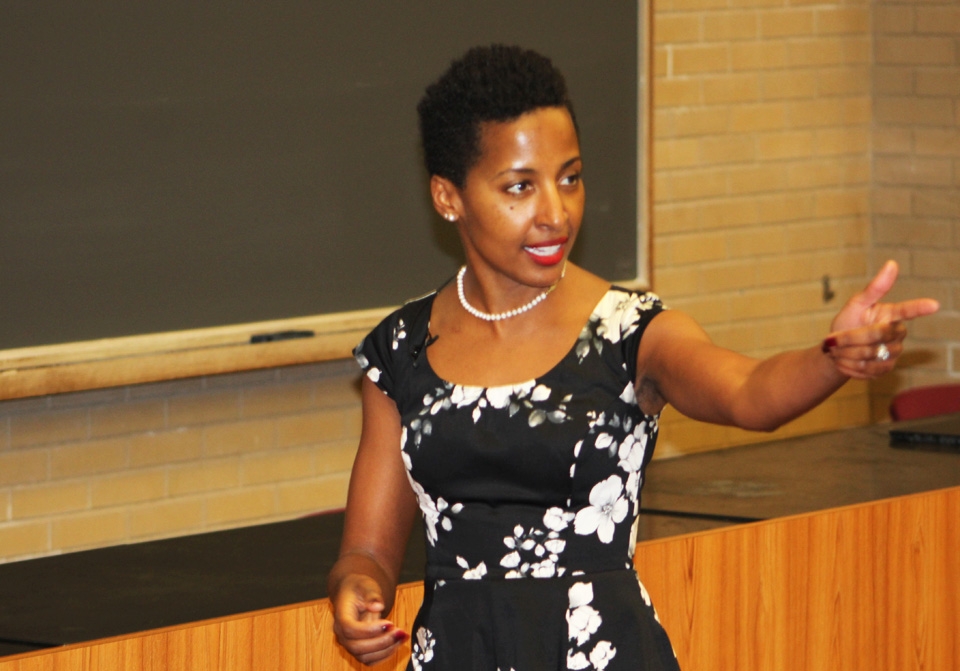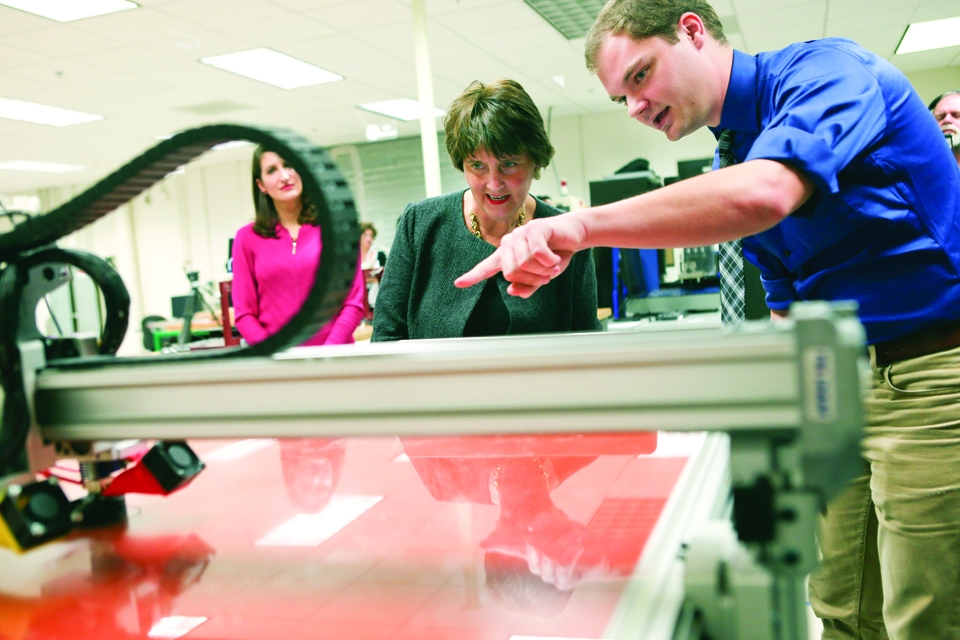Kellen Stepler | Editor-in-Chief
July 24, 2020
Duquesne University announced in a mass email Friday “key steps” for students to return to campus in August.
What are the four “key steps” to returning to campus?
In the email, the university said they are requiring four specific steps for all returning students – those commuting and living on campus – to complete before arriving on campus.
Students will be required to read the Duquesne pledge, shown below, and acknowledge it on the DUQ App.
“This situation asks for all of us to commit to the safe practices necessary to protect one another,” the email said.

Duquesne will also require a self-quarantine for 14 days while completing a daily health screen for each day. During the self-quarantine students and employees must answer Daily Health Screen questions, to monitor any symptoms that may emerge as well as to get accustomed to answering the questions, which will be mandatory once everyone returns to campus.
Students who are unable to quarantine the full 14 days at home, or travel to campus using mass transit will need to self-quarantine in their on-or-off campus residency for seven days.
Students and staff must also ensure that they are asymptomatic.
Testing is recommended for all students who live in, or traveled to, a higher risk geographic area as defined by the Pennsylvania Department of Health and the Allegheny County Health Department, even if they have no symptoms.
As of July 24, the Pennsylvania Department of Health recommends a 14-day quarantine for travelers entering Pennsylvania from these 20 states: Alabama, Arizona, Arkansas, California, Florida, Georgia, Idaho, Iowa, Kansas, Louisiana, Mississippi, Missouri, Nevada, North Carolina, Oklahoma, South Carolina, Tennessee, Texas, Utah and Wyoming.
The fourth and final step Duquesne announced in the email was to watch an educational video about the new measures and policies, which will be sent soon.
What policies will be in place once students arrive in August?
Duquesne also announced policies after students have arrived on campus – all students will complete the Daily Health Screen Questions each day through the DUQ App, and students will report any signs or symptoms of COVID-19 to Duquesne University Health Services.
Any student who comes in direct close contact with a confirmed case may be required to self-quarantine for a period of time. On-campus residents who test positive must self-isolate in campus facilities, or at home, until they no longer display symptoms and students residing off-campus who test positive should consult their personal physician and self-isolate in their residence.
The university is also exploring implementing a program of randomized asymptomatic testing conducted with select students and employees on a weekly basis to track presence and prevalence of COVID-19.
What preventative measures will the university take after students return?
The email says that all students will receive a “care package of preventative materials” that include a face mask, thermometer, hand sanitizer and educational materials.
Duquesne will also require all students, faculty and staff to wear a face mask in all public areas, including classrooms. All students, faculty and staff will practice social distancing whenever feasible.
The university also encourages students to avoid meeting in large groups outside of class, and to follow all instructional signage and foot traffic directions in all campus buildings and public spaces.
What are R-PODS?
All students living on campus will be placed in R-PODS, or residential pods that will include small groups of students living in the same group of rooms who will limit contact to their group initially. This could include dining, elevator use and other activities that take them from their residences.
“R-PODS provide a limited social group for safety purposes during the first critical phase of campus return and may be maintained throughout the semester,” according to the email.
Students residing off-campus should also create “pods” with other Duquesne students, as possible.
What if I don’t feel comfortable moving in?
For the Fall 2020 semester, Duquesne will employ a “flexible residency” option. Students who have elected to live on campus and have an assigned spot are able to keep that spot, and students who have any concerns who are based upon circumstances in their locality, or any other reason, may delay their arrival until they feel comfortable moving in.
Students who choose to move-in after the official move-in should let the Office of Residence Life know as soon as possible, and Duquesne will hold the spot and housing charges will be adjusted on a pro-rata basis so that they are charged only for the time the student arrives.
Also, if students feel uncomfortable living on-campus during the semester, they will be able to return to their home residence, and charges will also be pro-rated.
“The goal of the Flexible Residency option is to provide students a way to live on campus with some flexibility to adapt, if necessary, to changing conditions,” according to the email.
Once a student has elected to leave for the semester, the university will no longer hold their spot for the remainder of the fall 2020 term.
What about dining?
The email states that Duquesne Dining Services has created and prepared numerous “creative and innovative dining options” for campus this fall. Students should expect different pop-up stations around campus, several tented areas for socially distanced outdoor seating for meals and a new concept at the Red Ring Bar and Grille for grab-and-go selections.
More information will be available on the University’s dining website.
Things can change between now and August. How can students find the most accurate, up-to-date information?
Beginning in August, Duquesne will release a “regular newsletter” featuring updates and information with any changes that may emerge.
Duquesne has also converted their emergency website to a COVID-19 Planning and Information website, with frequently asked questions, information and updates in a common place.
“The Master Plan reflects measures Duquesne has taken to create a structured campus environment that will allow for face-to-face and hybrid classes, adapted living conditions and other necessary changes while making it possible for you to be present on Duquesne’s campus and obtain a high-quality education,” the email says.
The email also notes that current plans are subject to change at any time if circumstances “warrant such a change for the health and safety of our campus community.”




